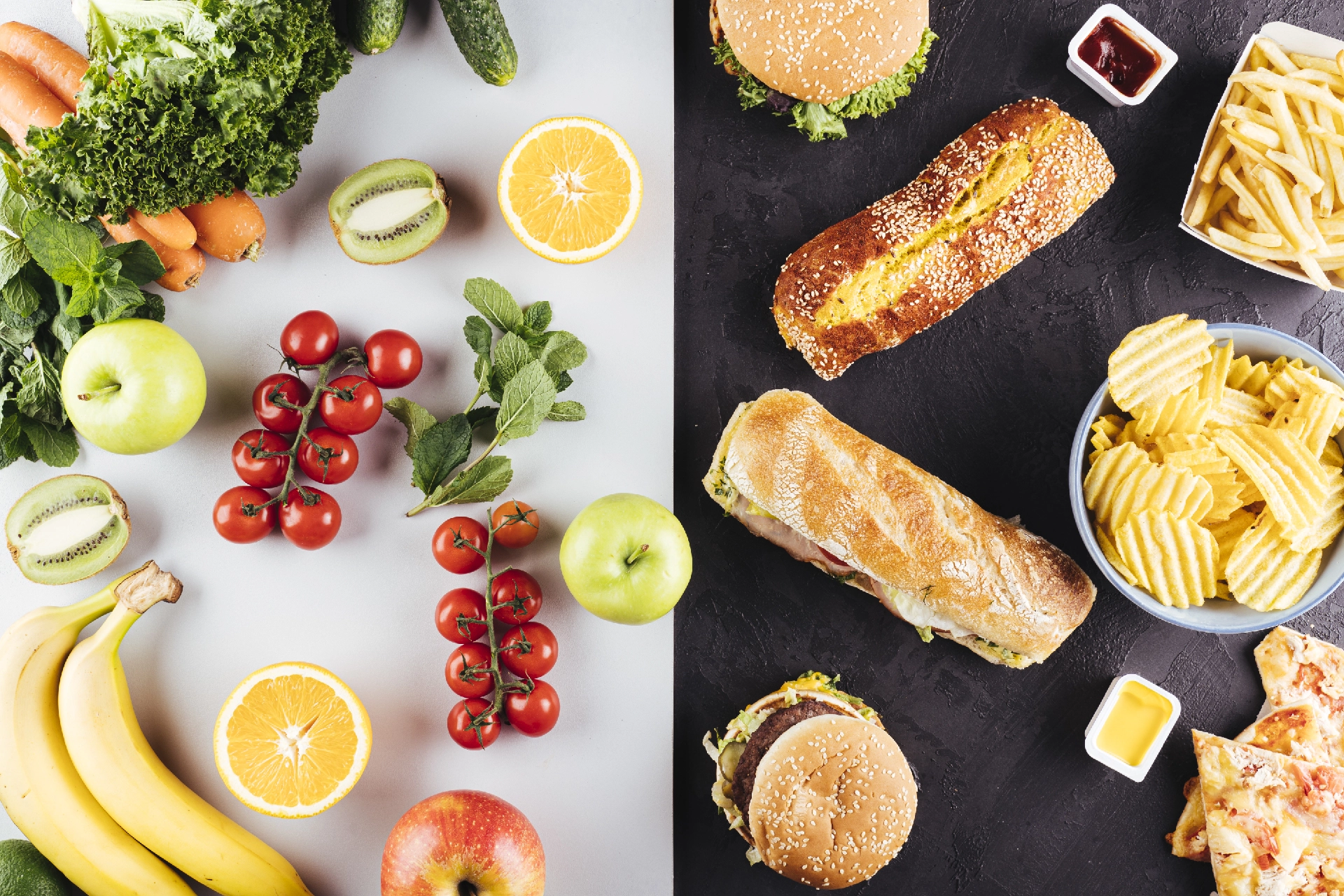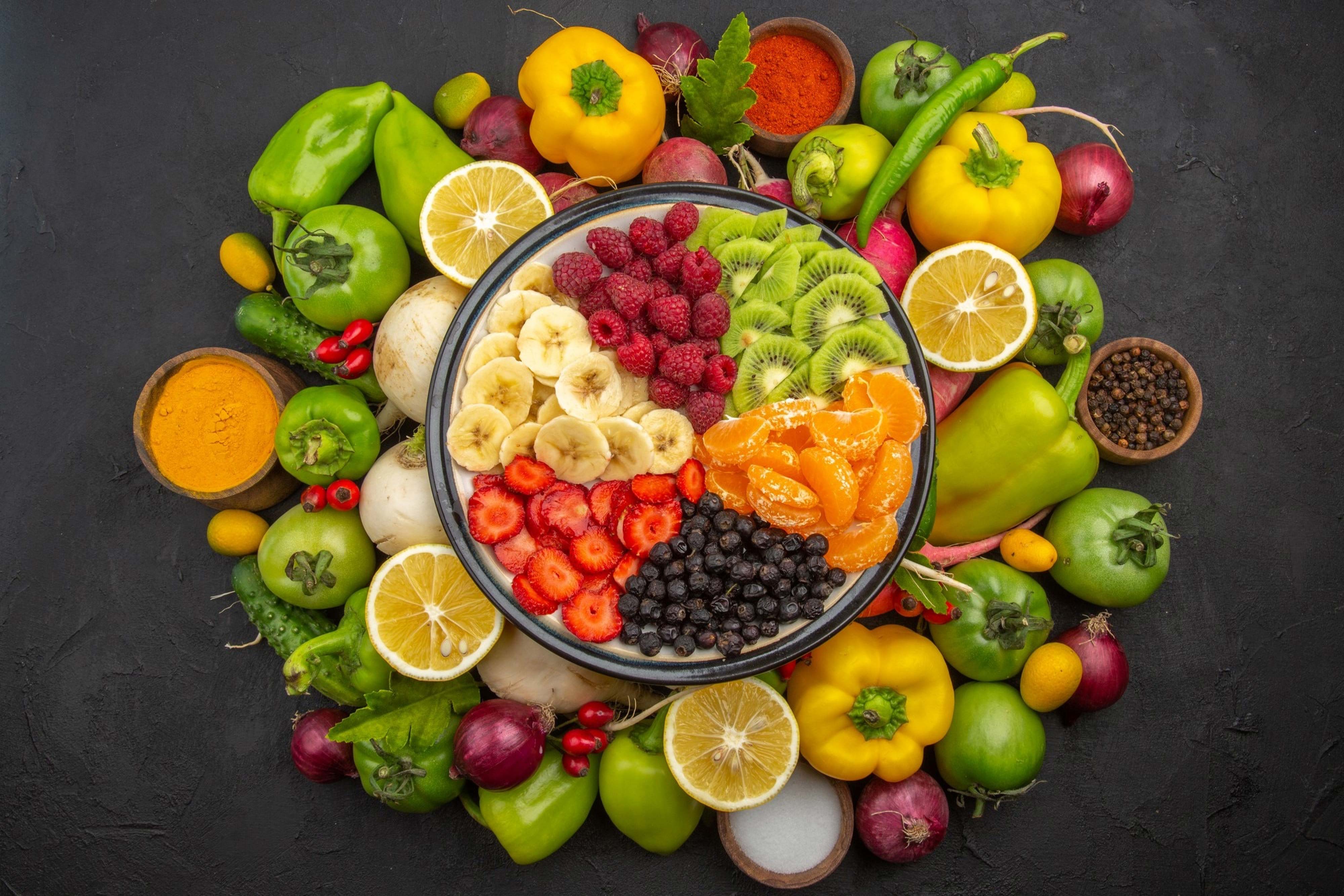Cholesterol | 5 min read
What is Good Cholesterol and How Does it Differ From Bad Cholesterol?
Medically reviewed by
Table of Content
Key Takeaways
- Cholesterol helps produce hormones, vitamin D and bile acid
- Bad cholesterol in your body leads to heart attack and stroke
- Eating healthy food and exercise helps reduce LDL cholesterol
Cholesterol is a type of fat that is naturally produced in your liver. You also get cholesterol from foods such as eggs, cheese, milk, and fish. However, your body needs cholesterol as it helps produce certain hormones, vitamin D, and bile acid, which is vital for digestion. It also helps in the formation of cell walls. In fact, every organ in your body needs cholesterol to do their jobs. This waxy substance gets a bad name because too much of it can build up plaque in arteries. The blood clots that form as a result can lead to strokes or heart attacks. This the reason that you hear the phrase, high cholesterol is bad for your health. High cholesterol is usually a result of unhealthy eating habits and lifestyle choices. It is often inherited too. Exercising, eating healthy, and avoiding tobacco can help reduce bad cholesterol. Read on to know more about Good Vs Bad Cholesterol also known as LDL and HDL cholesterol
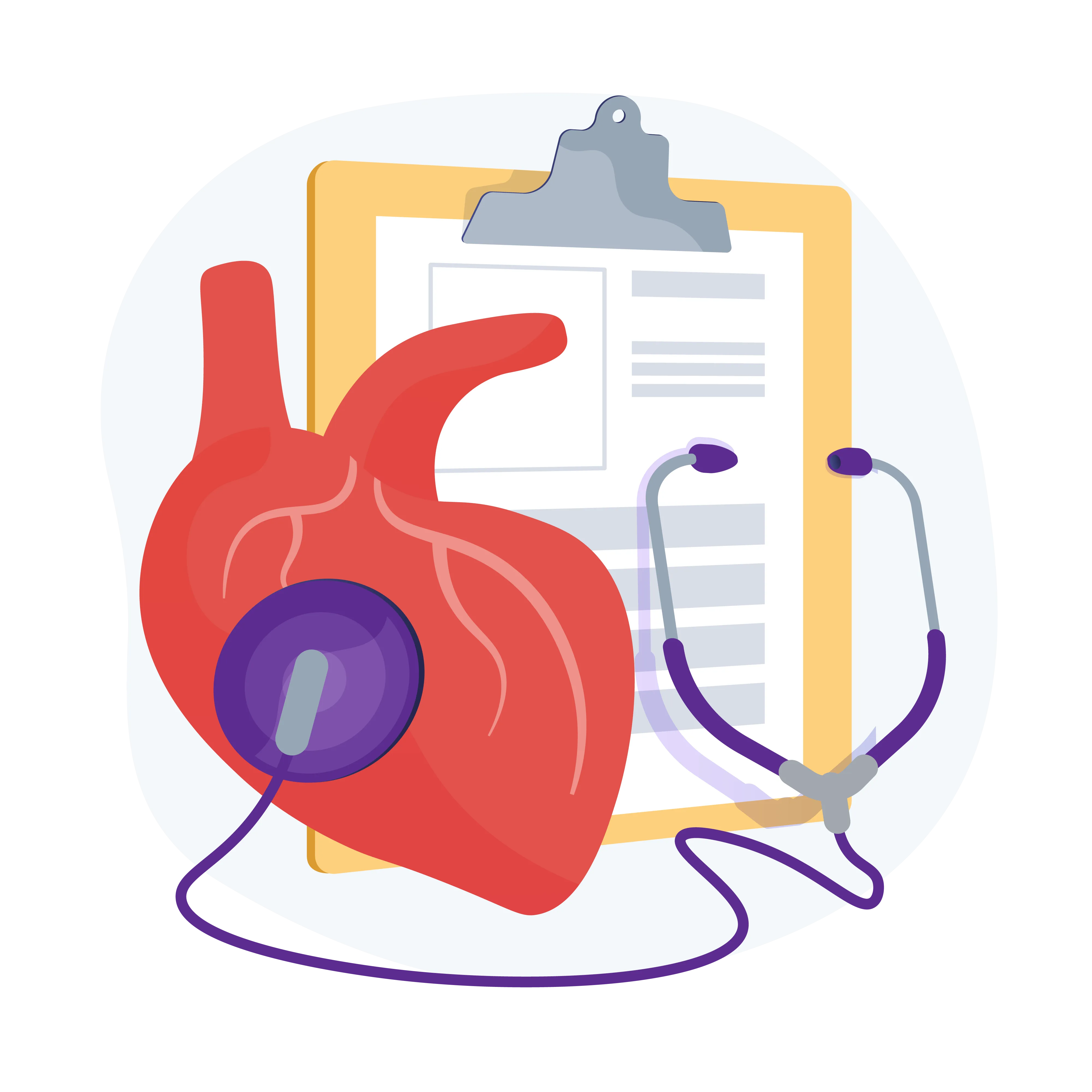
Good Vs bad cholesterol: An introduction
Lipoproteins, a type of protein in the blood, carry cholesterol in your body. There are two types of lipoproteins namely low-density lipoprotein (LDL) and high-density lipoprotein (HDL).
LDL cholesterol means
Sometimes known as bad cholesterol, LDL carries cholesterol from the liver to the blood. In this process, it can stick to the blood vessels raising the risk of plaque and heart disease.
HDL cholesterol means
HDL is also known as good cholesterol. It carries the cholesterol back to the liver from the blood where it is broken down. This cholesterol is then extracted from your body. A high HDL cholesterol level in your body lowers the risk of stroke and heart attack.
Ideal range for good Vs bad cholesterol
In Good Vs bad cholesterol levels, there is a difference of the amount of lipoprotein in the blood. HDL cholesterol of more than 45mg/dL is healthy whereas a result of less than 40mg/dL is considered low. LDL cholesterol levels should be lower than 110mg/dL. If it is above 130mg/dL, then you have a high amount of bad cholesterol. Your total body cholesterol should be lower than 170mg/dL. Cholesterol levels anywhere between 170 to 190 is in borderline and higher than 200mg/dL is considered risky. Do note that these ranges may vary a little based on your age and gender.
Additional Read: 10 Healthy Drinks You Should Start Drinking for Low Cholesterol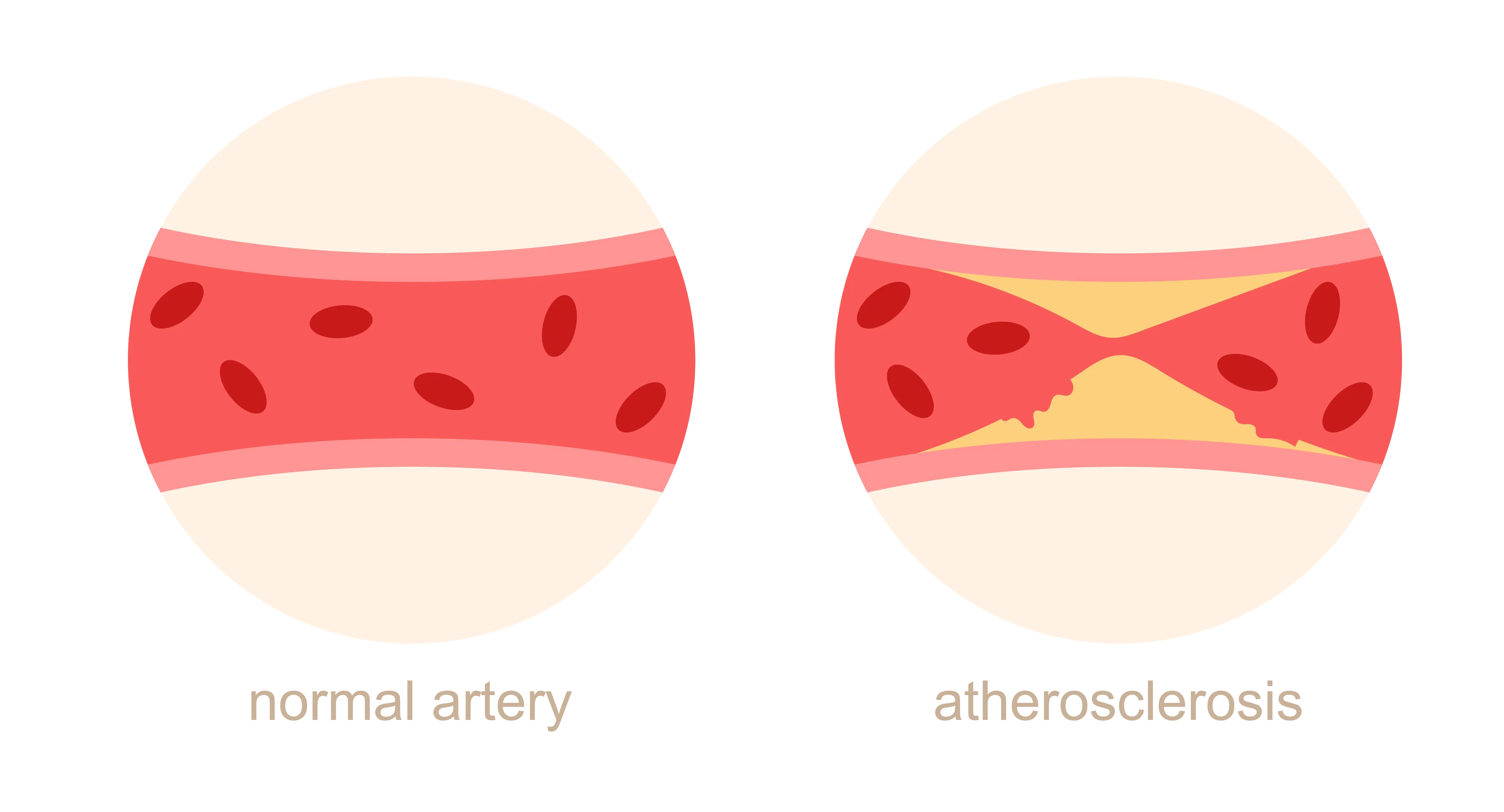
Causes of bad cholesterol
Eating unhealthy
Having food high in saturated fats such as red meat and full-fat dairy products in an uncontrolled manner can increase bad cholesterol in your body.
Sedentary lifestyle
Sitting at once place for hours, and not being physically active increases the risk of high cholesterol.
Smoking or exposure to secondhand smoke
Smoking can lower good or HDL cholesterol levels in your body. It harms your blood vessel cells making them more prone to accumulating fats.
Being overweight or obese
This not only increases your risk of exposure to bad cholesterol but also increases chances of heart diseases. A recent study has proven the ill effects of obesity on cholesterol metabolism.
Lack of regular exercise
This makes you more prone to high LDL cholesterol levels whereas exercising regularly boosts your body's HDL cholesterol levels.
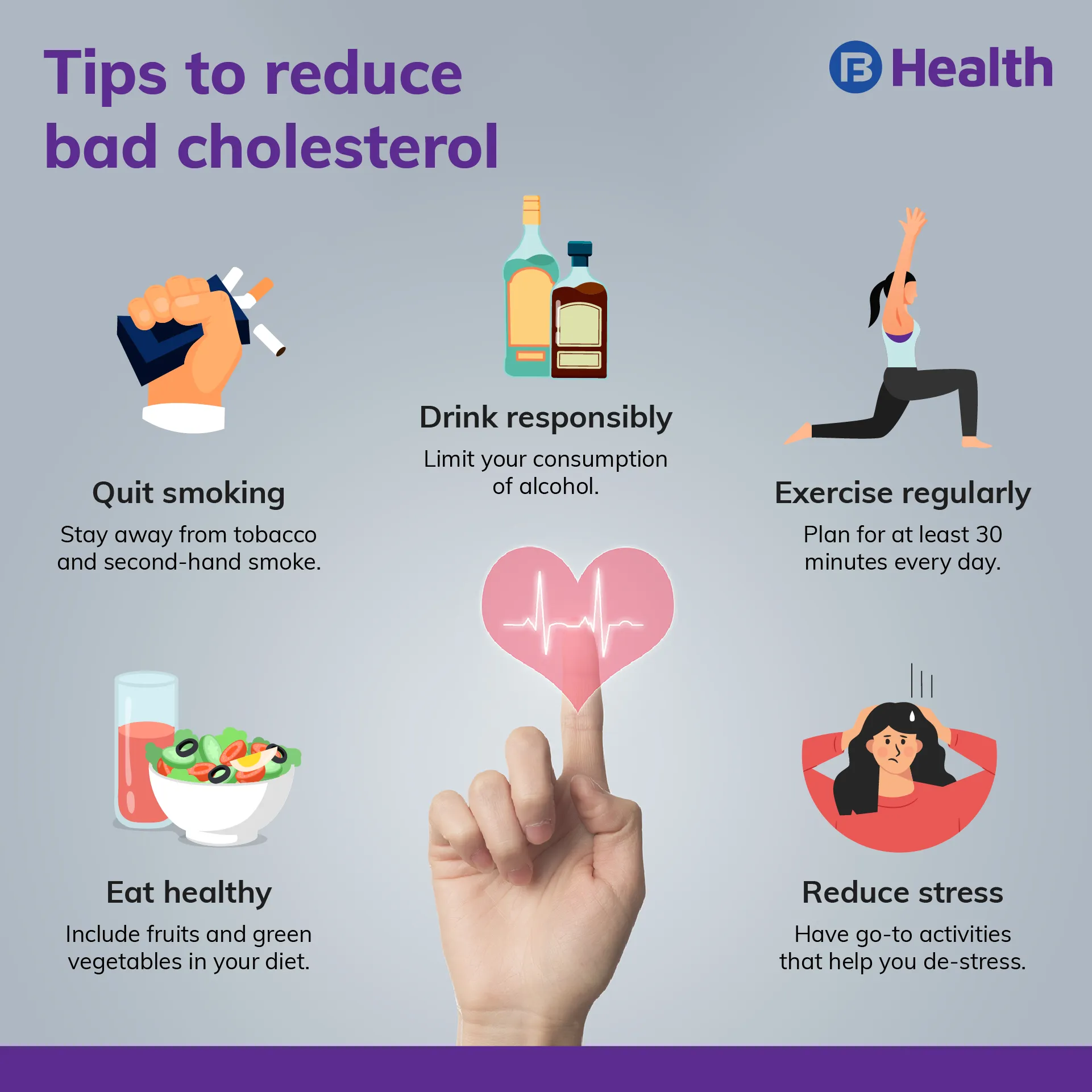
Age
Your liver functioning becomes weak as you grow old and its ability to remove LDL cholesterol decreases.
Diabetes
High sugar levels damage the lining of your arteries. This can lead to increased levels of very low-density lipoprotein (VLDL) cholesterol and reduced HDL cholesterol.
Family history
Cholesterol is also inherited. So, if any of your parents have high LDL cholesterol levels, you may be at risk too.
Kidney disease
Having kidney problems also increases the risk of high LDL cholesterol levels.
Additional Read: A Handy Low Cholesterol diet plan
Health risks of high LDL cholesterol
High LDL cholesterol levels can lead to the following health complications.
Chest pain
High LDL cholesterol affects coronary arteries that supply blood to your heart. This poses a risk of angina (chest pain) and increases the risk of other coronary artery diseases.
Heart attack
The bad cholesterol in your body forms plaque in the arteries. If this ruptures, it forms a blood clot. If blood flow to your heart is blocked, you get a heart attack.
Stroke
Similar to the blocking of coronary arteries, if the blood flow to a part of your brain is blocked by blood clots, this causes a stroke.
Chronic kidney disease
A high level of LDL cholesterol can worsen kidney problems as blood clots may block the renal arteries depriving the kidneys of blood flow. This can lead to loss of kidney functions and chronic renal diseases.
High blood pressure
Hypertension and high cholesterol are related. The cholesterol plaque hardens and narrows the arteries forcing the heart to work harder to pump blood. This leads to an increase in BP.
Additional Read: How to Reduce Cholesterol? 5 Lifestyle Changes to Make Right Now!A high level of LDL cholesterol can take a toll on your overall health. Although there are no visible symptoms of bad cholesterol, get a health check-up regularly to keep it under control. Book a lab test or full body check-up package in minutes on Bajaj Finserv Health.
References
- https://www.ncbi.nlm.nih.gov/books/NBK22339/
- https://www.cambridge.org/core/journals/nutrition-research-reviews/article/abs/effects-of-obesity-on-cholesterol-metabolism-and-its-implications-for-healthy-ageing/BB070A916EEB99EDE07BEED4858B612A
- https://www.kidney.org.uk/cholesterol-and-kidney-disease
- https://my.clevelandclinic.org/health/articles/11918-cholesterol-high-cholesterol-diseases
Disclaimer
Please note that this article is solely meant for informational purposes and Bajaj Finserv Health Limited (“BFHL”) does not shoulder any responsibility of the views/advice/information expressed/given by the writer/reviewer/originator. This article should not be considered as a substitute for any medical advice, diagnosis or treatment. Always consult with your trusted physician/qualified healthcare professional to evaluate your medical condition. The above article has been reviewed by a qualified doctor and BFHL is not responsible for any damages for any information or services provided by any third party.

